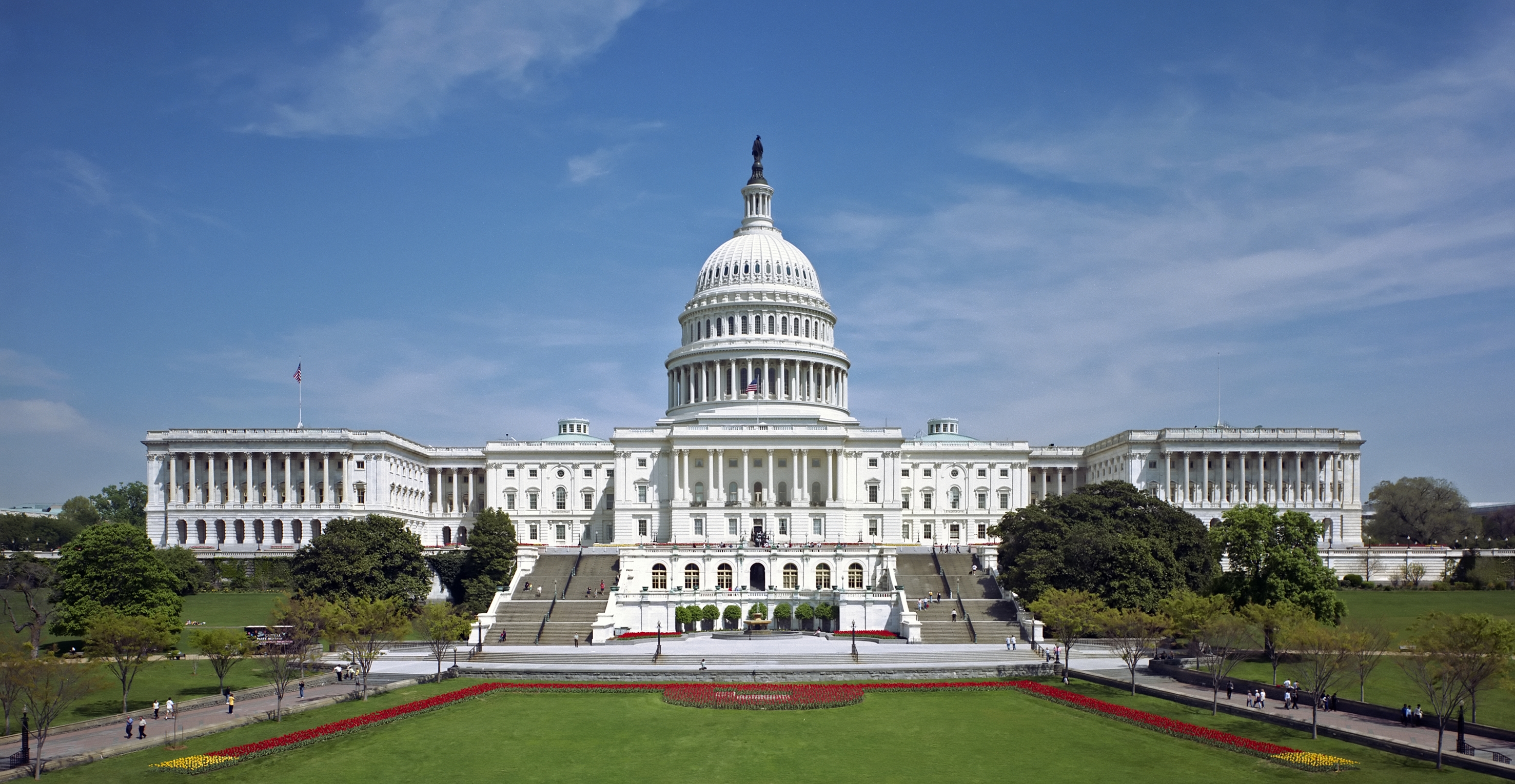Special to the
Opelika Observer
Last week, U.S. Sens. Doug Jones (D-Ala.) and Susan Collins (R-Maine) introduced the American Broadband Buildout Act of 2019 (ABBA), a bipartisan bill to ensure that rural Americans have access to broadband services at speeds they need to fully participate in modern society and economy by directing the Federal Communications Commission (FCC) to provide up to $5 billion in matching grants to help states improve broadband infrastructure. The legislation is part of Jones’ continued efforts to get broadband services into rural and underserved areas.
“In too many parts of Alabama – and across the country – reliable, high-speed internet is still too hard to come by. It’s no longer a luxury, it’s a necessity for modern life,” Jones said. “This bill will help public-private partnerships fund broadband development in the area that need it most.”
The American Broadband Buildout Act of 2019 would:
- require that projects that receive funding must be located in “unserved” areas, where broadband is unavailable at speeds that meet the FCC’s standard. Narrowing the focus to these areas will ensure that the money goes where it is needed most, and will also protect against “over-building” where broadband infrastructure is already in place;
- require that this federal funding be matched through public-private partnerships between the broadband service provider and the state in which the infrastructure project will be built.
This means that state, private sector partners, and the federal government will have a shared commitment, ensuring that projects will be well thought-out and designed to be sustainable; - require that projects be designed to be “future proof,” meaning that the infrastructure installed must be capable of delivering higher-speeds as broadband accelerates in the future. This will ensure that federal tax dollars are used to help build a network that serves rural Americans now and in the future, without having to rebuild it every time technology advances;
- direct the FCC to prioritize the funding of projects in states that have traditionally lagged behind the national average in terms of broadband subscribers and are at risk of falling further behind as broadband speeds increase; and
- provide grants to states and state-designated entities for digital literacy and public awareness campaigns highlighting the benefits and possibilities of broadband service.
Taxpayer Identity Protection Act
Bipartisan legislation authored by U.S. Sens. Doug Jones (D-Ala.) and Susan Collins (R-Maine) to thwart identity theft tax refund fraud and prevent American taxpayers and seniors from falling victim has been signed into law by President Donald Trump. Senators Jones and Collins’ legislation was included as a provision in the Taxpayer First Act.
The Taxpayer Identity Protection Act will require the IRS to expand its Identity Protection PIN (IP PIN) pilot program nationwide during the next five years. An IP PIN is a six-digit number assigned to eligible taxpayers that allows their tax returns and refunds to be processed without delay and helps prevent the misuse of their SSNs on fraudulent income tax returns.
Under this act, taxpayers will be allowed to opt-in to the IP PIN pilot program if they desire an extra layer of identity protection.
“This new law will save over a billion dollars in taxpayer money and help protect against identity theft,” Jones said. “I’m glad the President has signed our bipartisan legislation and that these additional protections will be available to all taxpayers.”
In addition to the Taxpayer Identity Protection Act, the Taxpayer First Act contains a number of other provisions designed to modernize the IRS in areas such as customer service, taxpayer rights during the enforcement process, information technology and electronic systems.

